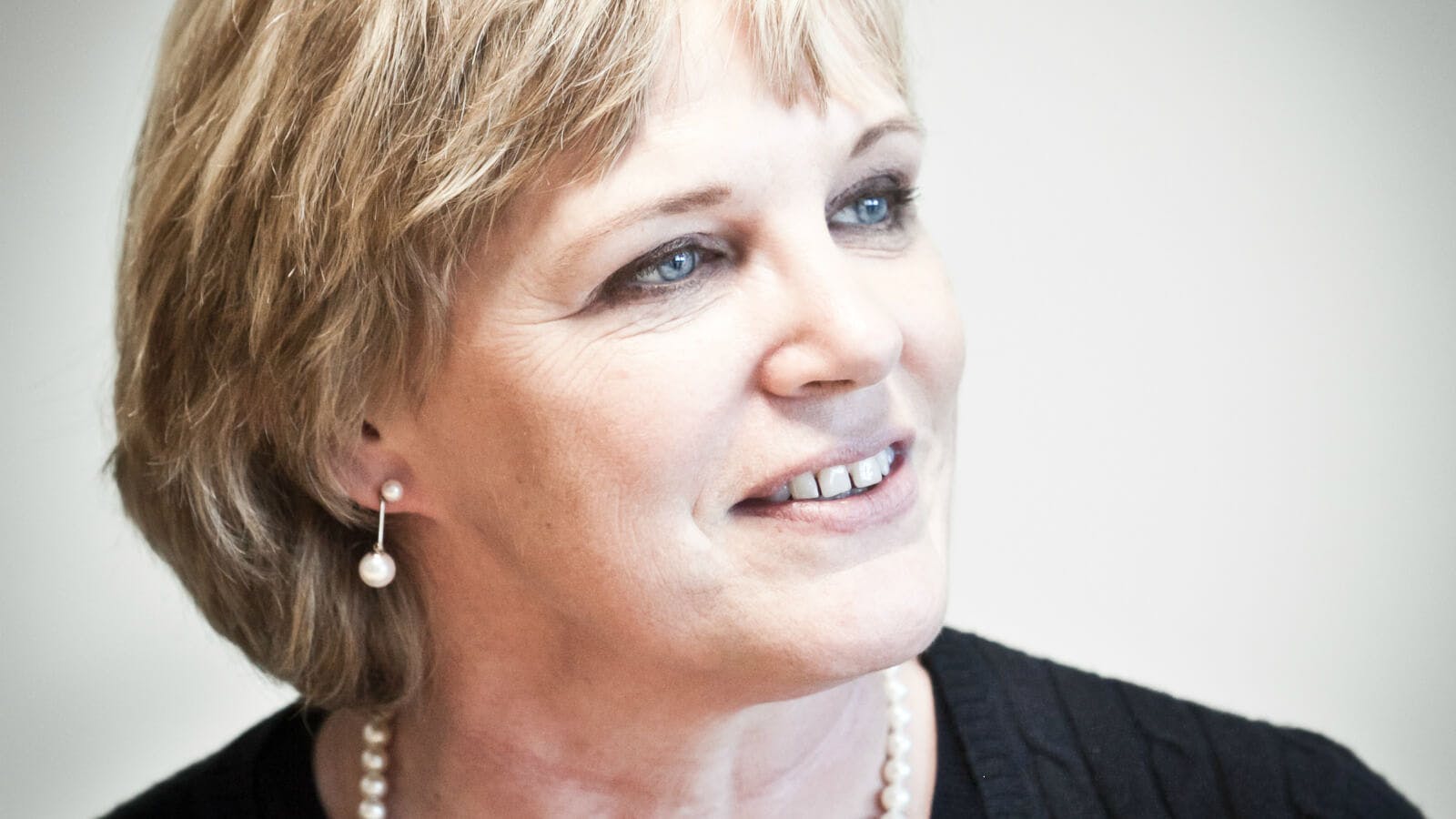
Would you sign a diversity pledge?
Jane Frost CBE, the CEO of the Market Research Society (MRS), explains why she is calling on MRS members to sign its Manifesto for Opportunity.
Following the lead of PwC in the US, which is the driving force behind America’s largest CEO-driven business group committed to advancing diversity and inclusion within the workplace, CEO Action For Diversity and Inclusion, the Market Research Society (MRS) has kick-started a similar campaign in the UK. Jane Frost CBE, the CEO of the MRS, the UK professional body for research, insight and analytics, discusses the reasoning behind this.
In the US there has been a push to get organisations to sign the CEO Pledge to increase diversion and inclusivity in the workplace. The MRS is one of the first to do something similar in the UK with your Manifesto for Opportunity, what spurred you to do this?
We could have started work on hundreds of little initiatives, but we decided that a single Manifesto for Opportunity would be more effective. Our membership is made up of 550 organisations and around 5,000 individual members. We have 85% of all agencies in the UK and probably the top 50 clients and we’re talking about a $5 to $6 billion business here.
We have increasing numbers of clients coming on board, partly because of this diversity pledge. I think they are asking themselves ‘what can we do?’ and, of course, what they can do is ensure that they are procuring via properly diverse and ethically managed businesses.
The Manifesto benefits both agencies and clients. It ensures that the CEO at Ipsos MORI, Ben Page, knows that when he is looking at his business and talking to his top clients he is committed to something and they know that he is committed to it too.
How did you develop the five promises that make up your Manifesto of Opportunity?
We held a number of consultative exercises with minority ethnic groups and women and a lot of consultations with CEOs. I then put together a steering group chaired by one of those CEOs, Vanella Jackson, global CEO of Hall & Partners, and we looked at what we wanted the Manifesto to achieve.
The set of promises had to be concrete enough to be meaningful, but not exclude people from signing up. So, for example, if you’re making a pledge on ethnicity, the same rules don’t apply in Perth as they do in Birmingham, because in Perth the diversity of the population is low, so to say you have got to have 15% of minority ethnics in your organisation wouldn’t work there, but in Birmingham it’s going to be over skewed. So we recognised that the Birmingham companies should be aiming for Birmingham representation and the Perth companies for Perth representation.
The other issue that we have, and this is a challenge for a lot of businesses in the UK, is that we have a significant number of small and medium-sized enterprises and a lot of micro-businesses in our membership. So we had to write something that they can sign up to.
If you’ve only got five people in your organisation, if you publish pay statistics everyone knows what everyone else is earning in the organisation and a lot of people are still resistant to that. So we have clearly said we expect people to publish pay statistics, but that they shouldn’t have to do it in a way that causes problems because everyone knows what everyone else is earning. In an ideal world, nobody should be worried about that sort of transparency, especially if the ratio from top earner to bottom earner is appropriate. But we aren’t in that world yet. I’d rather have everyone signed up to doing something, rather than sitting back and going that’s not for me.
Equally, if you’re owned by two people and you have only got three employees, then changing the leadership structure is difficult. What we say then is, we want your executive to be diverse, but we are not expecting you to change your ownership profile at this stage.
We decided that it was better to encourage members to improve their practices than have them all just shut off.
One of your Manifesto commitments is to increase diversity at board level, why do you see this as so important?
Increasing diversity at the top brings both practical benefits for businesses and ethical benefits for diversity. The practical benefit is that a more diverse board makes more money, there are several studies that prove this.
And the ethical reason is that most people don’t believe senior management who just say things and don’t demonstrate that they’ve done it. You would be surprised how many boards I’ve been on where the female loos are much further away than the male loos from the boardroom, for example, which is indicative of an attitude.
I was the only women on the board of a major Dutch multinational and when the board met they used to turn all the loos on the floor near the boardroom male, because there were so many more males around than women. I was the only one to notice, because I had to walk down two flights of stairs to find the loo. You have to have people who will notice these things and call them out.
If you are looking for non-executive director roles, Nurole's innovative recruitment platform can help.



